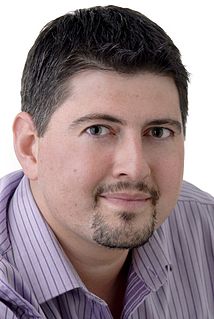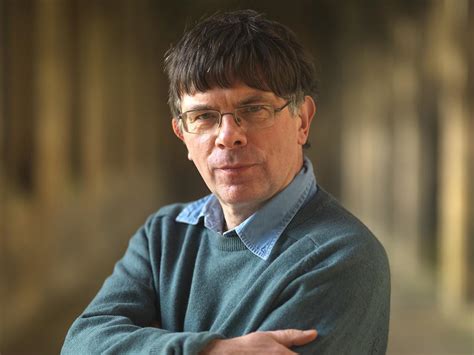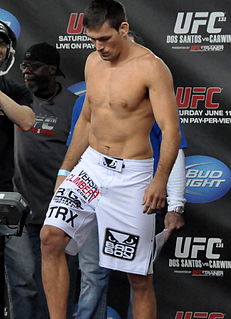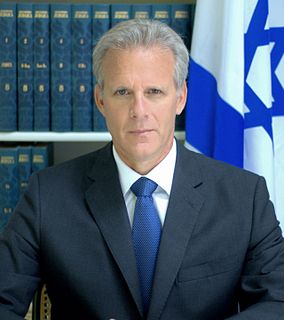A Quote by David Novak
Perhaps the main stumbling block to a better, and more fruitful, theological relationship with Judaism and the Jewish people has been the tendency of many Christian theologians to see the Christ event as the end of history.
Related Quotes
The long history of mankind is studded with convergences, perhaps most notably in social systems and the use of artefacts and technology. But for human history, set in the arrow of time, there appears to be one intolerable stumbling-block. This is the catastrophic failure in human values and decency.
Paradox is an overrated threat. There is...a quality similar to inertia at work. Once an event has occurred, there is an extremely strong tendency for that event to occur. The larger, more significant, or more energetic the event, the more it tends to remain as it originally happened, despite any interference." I frowned. "There's...a law of conservation of history?
My experience as a Jewish American has often been as a spectator of one-sided conversations, or more like monologues, about Israel, Jewish History, Jewish identity, etc. Although there are profound divisions amongst Jews on all of these topics there are not many opportunities for deep and thoughtful dialogue about them.
I suspect that relatively few people will sit down and read 1250 pages [ of The Enduring Authority of the Christian Scriptures.] all the way through from cover to cover. There may be some, but not everybody. But there are many, many, many different Christian, theological, pastoral, specialisms that are covered by one section or another of the book and this will become, therefore, a resource volume for many people.
I should much rather see reasonable agreement with the Arabs on the basis of living together in peace than the creation of a Jewish state. My awareness of the essential nature of Judaism resists the idea of a Jewish state with borders, an army, and a measure of temporal power, no matter how modest. I am afraid of the inner damage Judaism will sustain—especially from the development of a narrow nationalism within our own ranks, against which we have already had to fight strongly, even without a Jewish state.




































